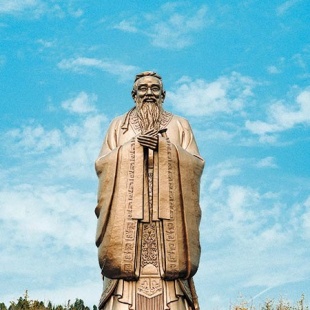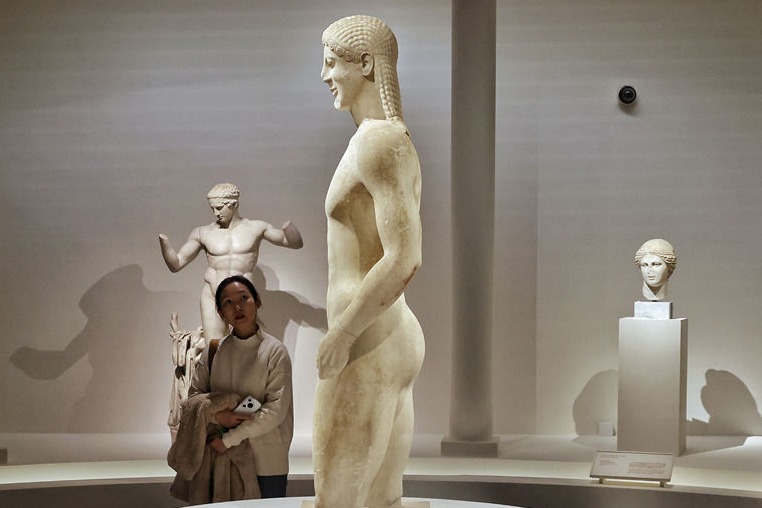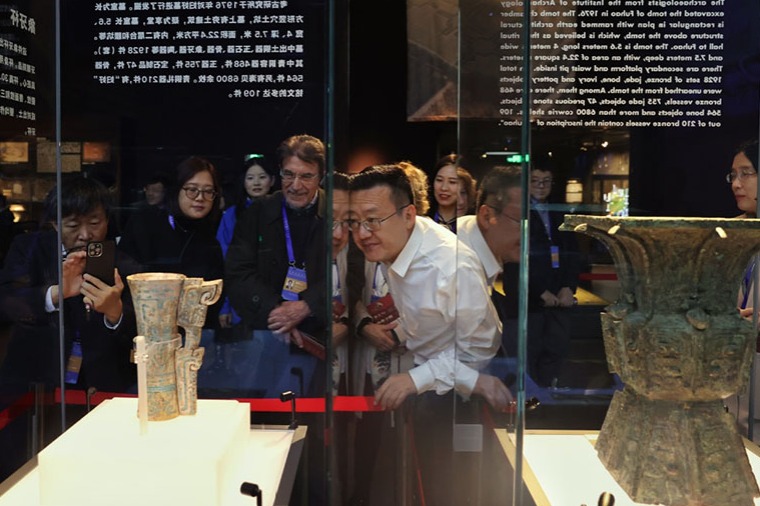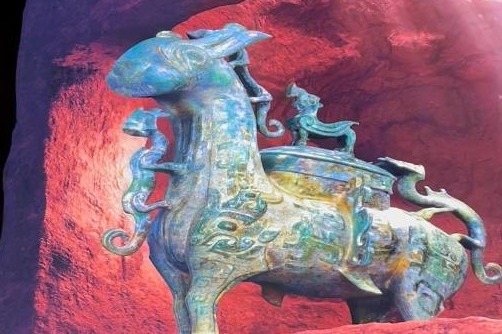Different beliefs share core truths
Beijing conference examines the teachings of Confucius and ancient Greek philosophy, Zhao Xu, Xu Lin and Fang Aiqing report.

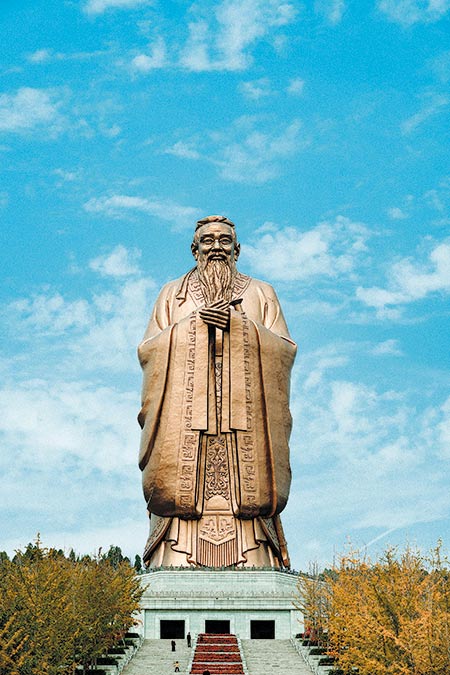
'Water is the principle, the first of all things," said Thales of Miletus, who lived between 624 and 546 BC and is regarded by many as the first philosopher in Greek tradition.
What Thales had no way of knowing is that a few decades after he made that remark, Confucius, China's sage of all ages, said something about water that is still being taught at Chinese schools today.
"The greatest good is like water — it nourishes all things without ever striving or competing," said the man, whose death in 479 BC is probably only separated by a few years from the birth of Socrates, believed to have been born around 470 BC. Socrates served as a mentor to Plato, who himself was a teacher to Aristotle.
The fact that Confucianism, named after Confucius, and ancient Greek philosophy had developed concurrently, had partly given rise to the term "the Axial Age". Referring to a time period roughly from 800 BC to 200 BC, the term was coined by German philosopher Karl Jaspers (1883-1969) to sum up the transformative philosophical and intellectual development taking place around the globe at the time.
"Both traditions had contributed significantly and are still contributing to the discourse on ethics, governance, the nature of knowledge and purpose of human existence," says Wu Fei, philosophy professor at the prestigious Peking University."For that reason, those who study one of them today, me included, are obliged to learn about the other, although the two traditions had evolved separately."
- Global scholars: The Inaugural World Conference of Classics marks a milestone
- Event highlights modern value of ancient wisdom
- Classical studies scholars touch Shandong's culture
- Intl scholars marvel at ancient treasures at China Archaeological Museum
- 17th century Aristotle works underpin China-Greece relations


